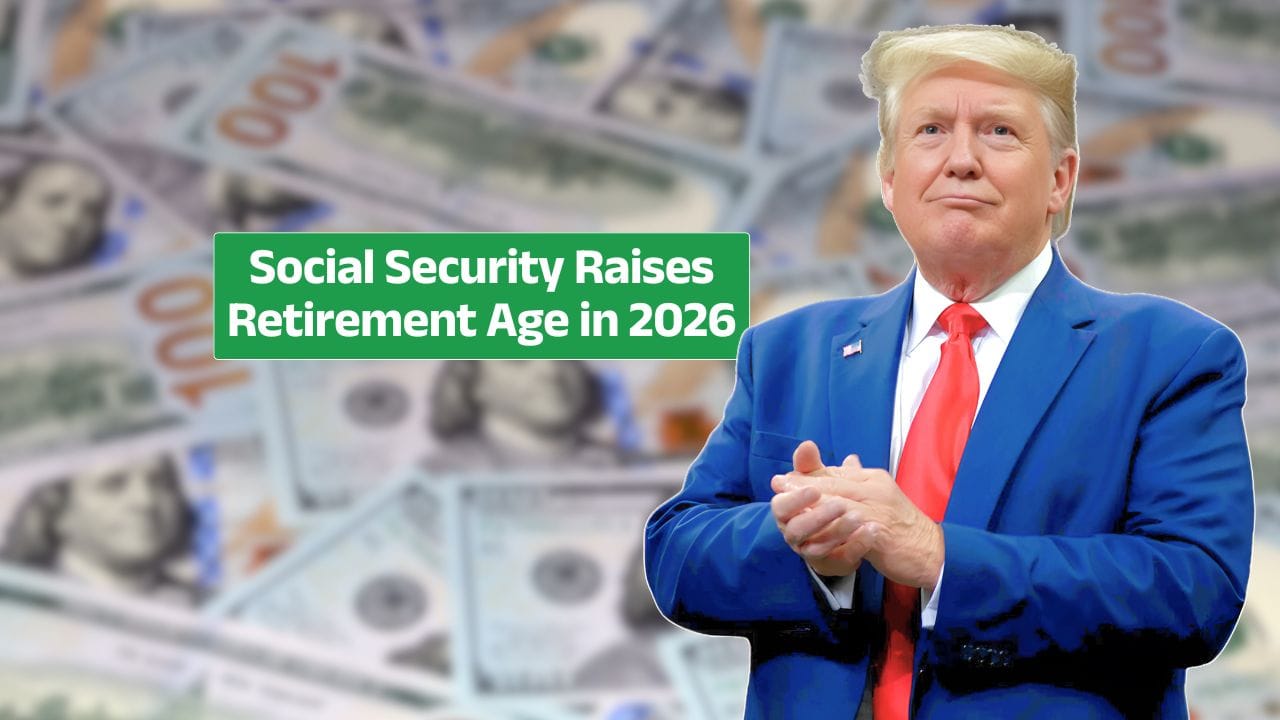With inflation continuing to challenge American households and cost-of-living pressures mounting, rumors of a $2,500 stimulus check have recently gone viral across social media platforms. The idea of direct relief has sparked hope—but also confusion. While the federal government has supported citizens during economic downturns in the past, no official confirmation has been made for any such payment in May 2025.
Here’s a breakdown of what’s fact, what’s fiction, and what Americans should realistically expect regarding these claims.
$2,500 Stimulus Check in 2025: Fact or Fiction?
The widely discussed $2,500 stimulus check has no legislative backing or official government confirmation as of now. While multiple posts online and across social platforms claim checks are coming soon, the IRS and U.S. Treasury Department have made no announcements regarding any such payments.
This misinformation seems to stem from proposals and policy discussions, not from enacted programs. Such proposals often circulate during economic debates but require congressional approval before they can become real programs that distribute funds.
IRS $2,500 Stimulus Check Overview
| Category | Details |
|---|---|
| Program Name | “DOGE” Stimulus Proposal (unconfirmed) |
| Managing Agency | Internal Revenue Service (IRS) |
| Proposed Amount | $2,500 |
| Status | Not Approved |
| Eligibility Criteria | Based on income, tax filing, dependents |
| Official Websites | irs.gov, usa.gov |
How Did the $2,500 Stimulus Rumor Start?
Rumors about large stimulus payments often begin with policy suggestions from lawmakers or online speculation. In this case, groups proposed financial relief measures in light of ongoing inflation. The idea was to help working-class families and fixed-income individuals deal with rising prices.
However, these proposals have not passed into law. That means no checks will be issued unless new legislation is approved and signed by the President.
Eligibility Criteria — If the Check Were Approved
Should a $2,500 stimulus program be approved in the future, it would likely resemble previous federal aid initiatives. Based on past models, likely eligibility criteria might include:
- Income Thresholds: Individuals earning less than $75,000 or married couples earning less than $150,000.
- Dependent Credits: Additional funds for those with qualifying children or dependents.
- SSI/SSDI Recipients: Individuals on federal assistance programs like Social Security or Disability may also qualify.
- Tax Filing Requirement: Applicants would likely need to file their federal tax return to receive any funds.
But again, none of this is in effect yet—these are just expectations based on prior stimulus programs.
Why These Rumors Are Harmful
Many citizens, especially low-income families and retirees, may start planning their budgets around these unconfirmed payments. This makes them vulnerable to:
- Financial disappointment
- Online scams and phishing attacks
- Fraudulent third-party websites asking for personal information
Always remember: The IRS never asks for banking or Social Security details by email, text, or phone. If a check were ever issued, it would be processed automatically for eligible individuals—with no fee or personal information submission required beyond what is already filed with the IRS.
How to Stay Safe and Informed
To avoid falling for scams or false hope, take these precautions:
- Do not click suspicious links shared via email or social media.
- Never share your personal information with unverified sources.
- Monitor only official government websites:
If a new payment is confirmed, these platforms will provide complete, accurate instructions for eligibility, distribution dates, and how to claim benefits (if needed).
What About Other Stimulus or Tax Benefits?
Though a $2,500 federal stimulus check has not been confirmed, other programs may provide support:
- Expanded Child Tax Credits
- Earned Income Tax Credit (EITC)
- State-level rebates or stimulus programs
Some states, such as California and New Mexico, have launched their own inflation rebates or guaranteed income programs. These vary by location and income level, and may still be active in 2025.
While the $2,500 stimulus rumor may sound promising, it remains unconfirmed and legally unsupported. Americans should rely only on official sources for information about financial aid programs. The government may introduce relief measures if economic conditions deteriorate, but for now, no such payment is guaranteed or scheduled for May 2025.
FAQs
Q. Is the $2,500 stimulus check approved?
No, the federal government has not confirmed or approved any $2,500 stimulus payments for May 2025.
Q. Who would be eligible if the check is approved?
Low- and middle-income individuals, SSI/SSDI recipients, and families with dependents—subject to congressional approval and program details.
Q. Where can I check official updates?
Visit irs.gov or usa.gov for the latest verified information.
Q. Is it safe to give my bank info to claim the check?
No. You should never provide personal info unless directed through a secure, official IRS or government portal.
Q. Are states offering their own stimulus payments?
Yes, some states have initiated rebate programs. Check your local state government’s website for updates.













